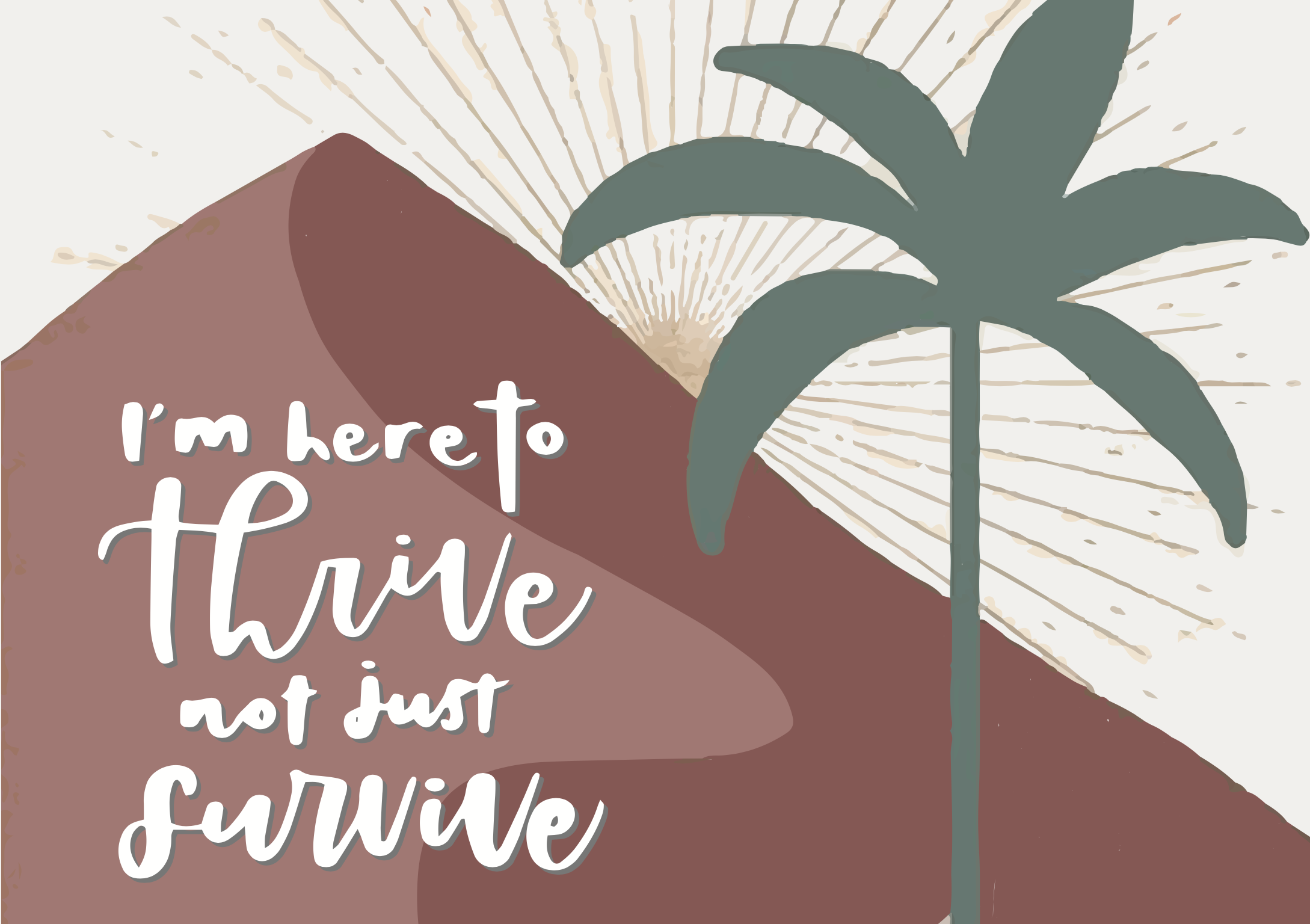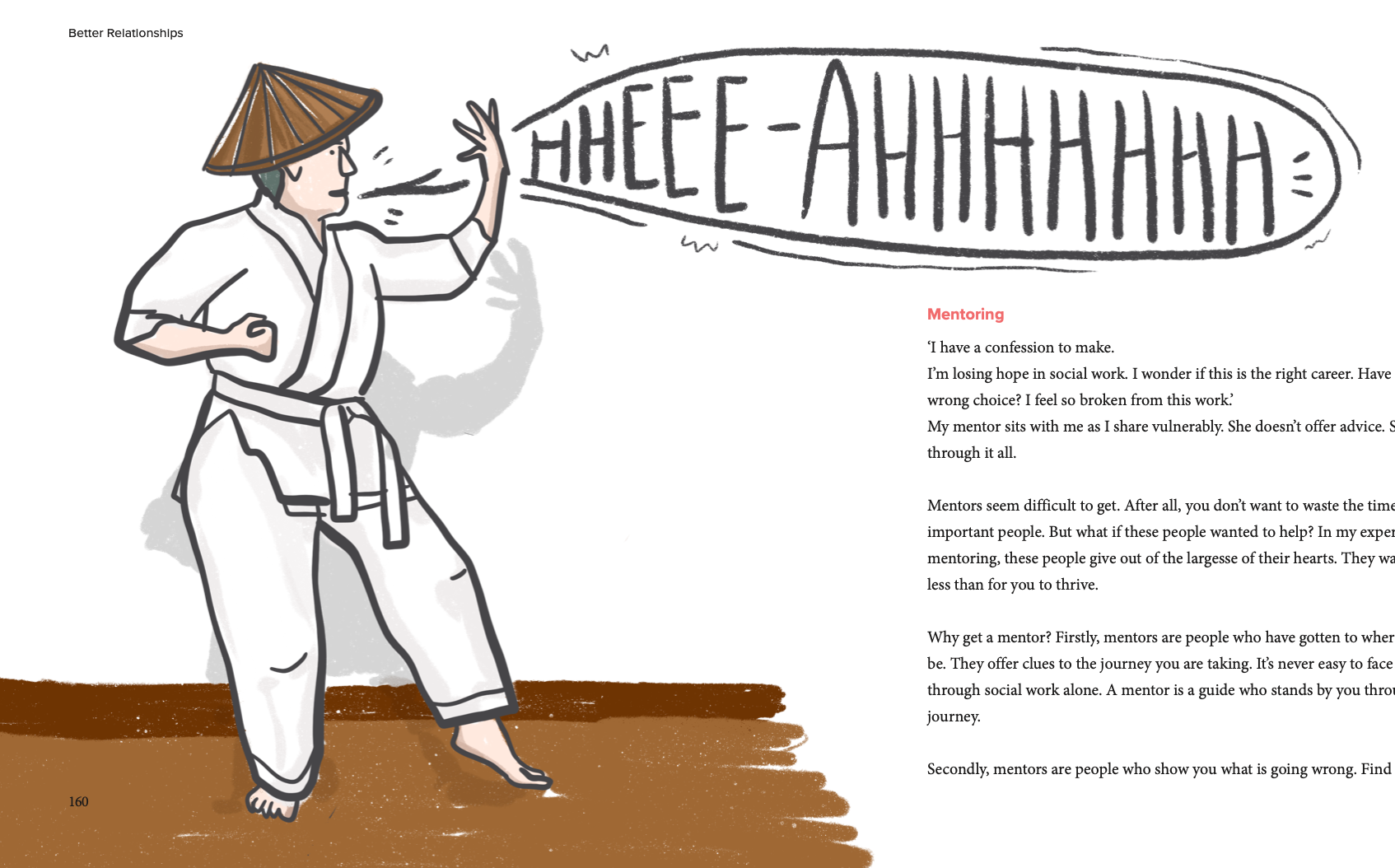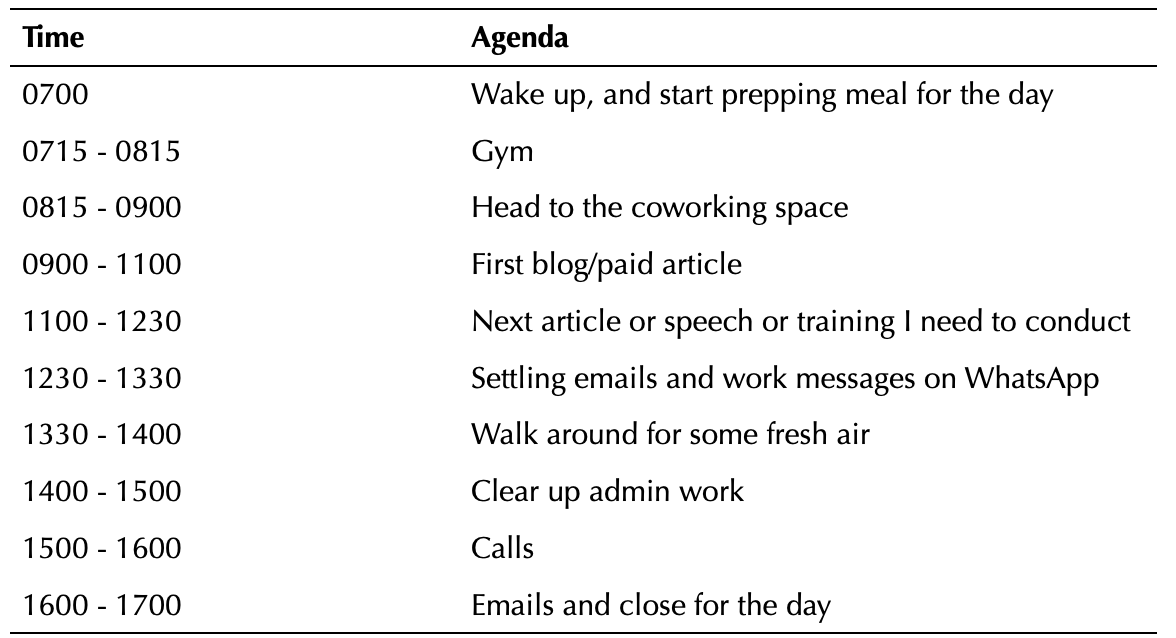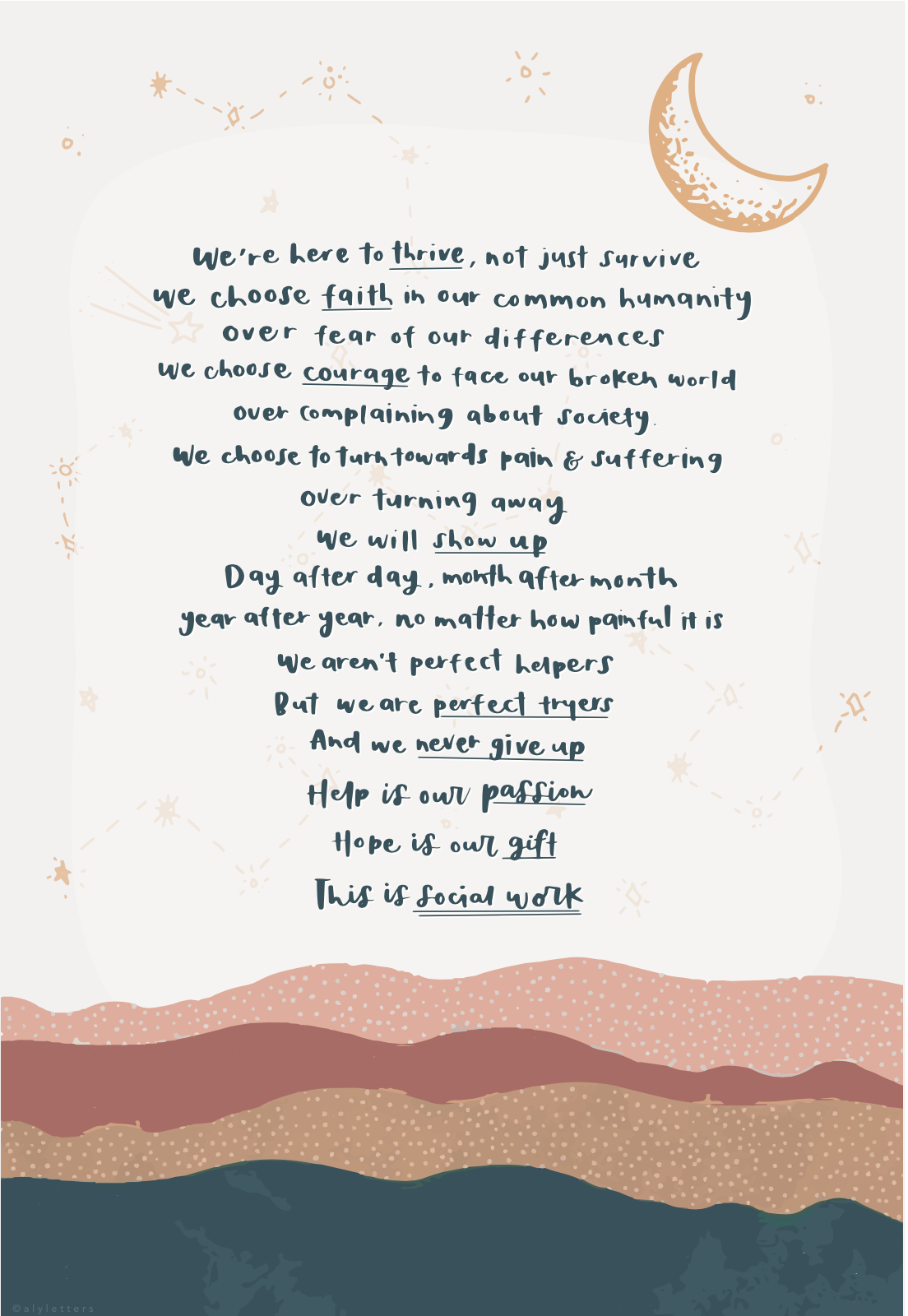Despite claiming to be a writer, what John Lim does is more like a young entrepreneur with a sense of responsibility to society. Originally from Singapore, John loves to explore and think, and he writes to inspire young people with confidence and power in their career and life paths.
Please tell us something about yourself and your professional background.
I’m someone who loves life, having a sense of adventure. This means that I’ve made some not very smart moves with my life. The funniest one was when I registered to teach children in Peru, without having any idea of where Peru even was on the world map, or that Machu Piccchu was even there. And in my first hour, I ended up in a crazy taxi situation, where the driver was driving on the sidewalk in the opposite direction of traffic, just to get me to the bus on time. We missed the bus, but e still had a great adventure!
This sense of adventure has also translated to how I approach my career. Despite being trained as a social worker, I left after 2 years to become a full-time writer.

We have noticed that you are running two websites, savethesocialworker and liveyoungandwell. What are they about?
savethesocialworker.com was the first ever site I created, which was meant for social workers to gain practical tools to deal with the emotionally and physically overwhelming demands of social work. liveyoungandwell.com was the second site I made, which was made to solve my own questions, as a young adult entering the workforce. It just didn’t feel fair. We had teachers when we were in school. But suddenly when we went to work, because we had a degree, it was assumed we would know what to do.
That, for me, felt like a missing transition. I always wondered:
- What do you do with a bad boss?
- How do you handle toxic colleagues?
- How do you ask for a raise?
These questions and more became the basis of the articles I started writing for liveyoungandwell.com.
How did you start your career, and why did you choose it? What’s the inspiration behind it?
I wouldn’t be so quick to say that writing is my career, even though it’s been the most consistent thing I’ve been doing since being born. One of my earliest memories of writing was being given a paper diary when I was 8 and then using it to record highlights. I still have it, and it’s such a joy to read of how excited I was even to get a Game Boy when I was 8.
If you ask me why I chose to be a writer, it’s because of the ability one has to move others through the page. I’ve heard one producer describe the business of movies as the business of ‘transport.’ For me, it’s much the same. We move readers from a certain understanding to hopefully adopt a different perspective on an issue.
As a non-fiction writer, I mostly write journalistic articles and op-eds now. While that can seem like a selfish way to share my opinion, I hope that people are moved to see a different opinion, one they had never considered before. Eventually, even to make changes they never would have made.
Being reliable is the absolute bedrock I stand by as a career writer.
What aspects of professionalism are most important to your current career?
In the UK, a speaking coach once told me, “Never waste a word, never miss a deadline.”
It’s served me well over the past 4 years of writing since the first ever time I got paid (a miserly) £10 for a thousand-word article for my university’s blog.
Being reliable is the absolute bedrock I stand by as a career writer. Even though some may argue that deadlines are not that important in the world of digital media, where changes can always be made, for me, it reflects how professional I am as a writer.
If I promise something, I want to deliver it.

For me, it’s interesting to answer this question,
Why do some people thrive in careers while others don’t?
Some of our research has shown us that it wasn’t how well a person did at university that determined how well they did at work. We were curious as to why that was so.
What we’ve found is that it depends a lot on how much a person is able to understand their own strengths and play to the best of those strengths.
How did you come across Ulysses? How does Ulysses help you with your writing projects? What do you like best about Ulysses?
Strangely, I happened to see Ulysses featured in the Apple App Store one day.
I love Ulysses. 3 features in particular.
Firstly, the layout of Ulysses. It’s definitely built with writers in mind. The moment I open Ulysses, I know it’s time for a writing session. There’s very little to be distracted with. Compared to other word processors I’ve used, Ulysses is my favorite because of how there’s very little lag, even when you write thousands of words.
Secondly, I love the Preview function. It ties together everything I write nicely, allowing me to send it off to editors I work with. There’s no need for post-editing in a Word processor or anything else. I just Preview, save, and then send it off. It makes everything look very professional. I’ve sent clients what I do in Ulysses and saved it in a PDF file through Preview, and it’s helped in terms of how everything flows right out of Ulysses.
Lastly, the newest feature I love is Tables! I love Tables because it helps me to organize a lot of the content for Ulysses now, especially for clients I work with. They may want to have an idea of timelines, and tables help me to show what the client can expect quickly, and by when.
You have written three books with Ulysses. What are these books about?
The first book was for social workers. It was about how social workers could develop better methods for dealing with the overwhelming emotional and physical aspects of social work.

The next one is Vault! - Getting over the Swamp of Adulting.This is something I wrote for Gen Zs between the ages of 20 to 25, who are probably in their first job or looking to start their first job. It was written to give them good answers to difficult questions such as
- How do I find a job I enjoy?
- Should I go for what I’m interested in or what I’m good at?
- How do I deal with nasty colleagues?
- How do I get better pay?
All these questions were questions that young people told us they struggled with.
The third book is called Take Heart - Braving the Emotional Wilderness. This book was written for young adults in a world that’s increasingly confusing. I hope it lends courage, strength and hope to young people, especially when there’s such a desperate attempt to keep up with the impressions one needs to make through social media.
It’s not an easy time to be a young adult today. I have personally struggled with depression and binge-eating, and writing this was very cathartic. The core message of Take Heart is that our hearts can be the strength of our souls, rather than a weakness we often associate them with.
Knowing what moves your business forward, and working on that, is far better than trying to work on everything.
What is your typical day like? How do you manage your time?
A typical day for me looks like waking up at 7, prepping my meal for the day, and then going to the gym.
A typical day for me looks like waking up at 7, prepping my meal for the day, and then going to the gym.
After that, I will probably start work at 9.

For me, there are two vital ways that I manage my time. Firstly, I use Freedom.to to block emails before 11 so that I can focus on deeper work such as writing.
Secondly, I ensure that when I’m working, I only work on one task rather than having a million (okay, exaggerating here, but you get the idea) windows open. You’ve probably experienced it when you’re working, and then you suddenly move on to something else. By the end of the day, you’ve probably realized you’ve started many things but haven’t completed anything.
What helps me is to focus on one task at one time. At the start of each session, I will write down:
What I’m working on
- Why I’m working on this
- What is exciting about this task I’m working on
These 3 questions help me make sure that I know what and why I’m working on something so that when I work on it, I’m crystal clear on how this contributes to my business. We’ve all worked on things that haven’t necessarily contributed to our business goals, and something a mentor once taught me stuck. He said,
“Just because we can do anything doesn’t mean we should do everything.”
Knowing what moves your business forward, and working on that, is far better than trying to work on everything.
What other tools and productivity apps do you use, and how do they help you?
The most productive tool I use is Ulysses. Period.
But beyond that, I use Notion. so. That’s really helped me in terms of getting on top of the different tasks and keeping track of what needs to be done.
Can you share with us some of your short-term goals?
Short-term-wise, I hope to eventually write for a major Asian publication, such as the South China Morning Times. As a writer, being published by such a venerable institution is certainly a career highlight I’m gunning for!
But business-wise, having grown our team from just me in April 2022 to 6 in September 2022 and then trimmed it back down to 4 now, my short-term goal now is to nurture my team to grow in their content creation skills.
We’ve been taking on more content creation work for companies, and while that pays the bills, it also means there’s a certain quality expected. We hope that we can reach SG$100,000 in revenue by 30 Dec 2022. When I work with my team, I often have to remember that whatever I do on Ulysses, in 30 minutes, probably takes them 3 days to do. They often remind me of that too - that writing is my strength, and that it’ not necessarily theirs.I hope they too can be inspired by what I do on Ulysses so that they can grow in their writing journey.

Would you like to find out more about John Lim's story? Then visit his blog. You can also drop by his YouTube channel.
